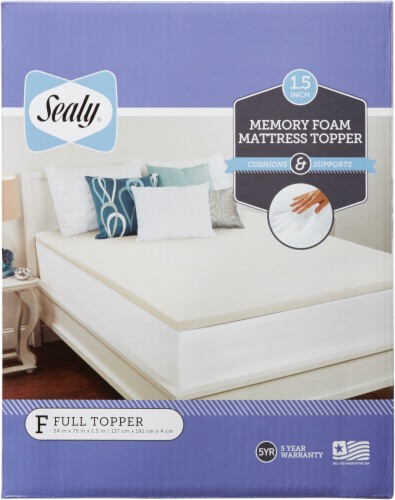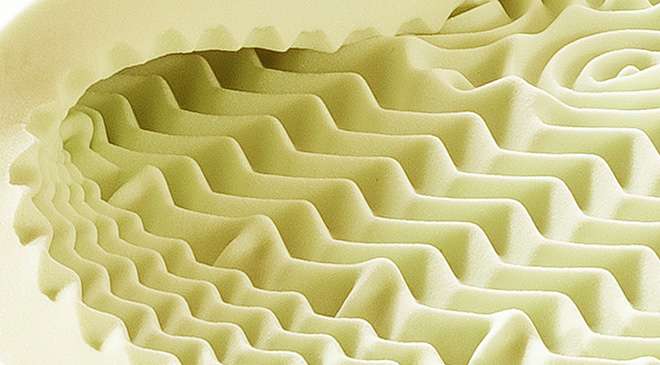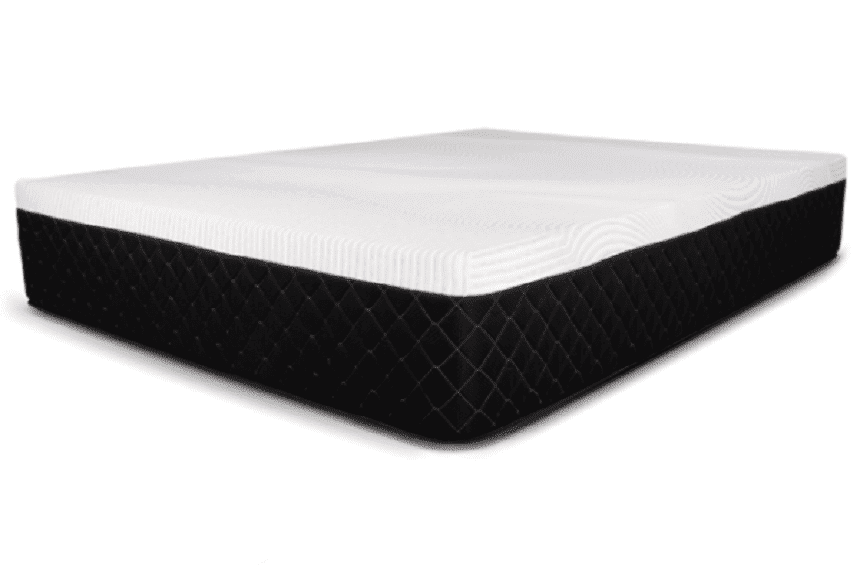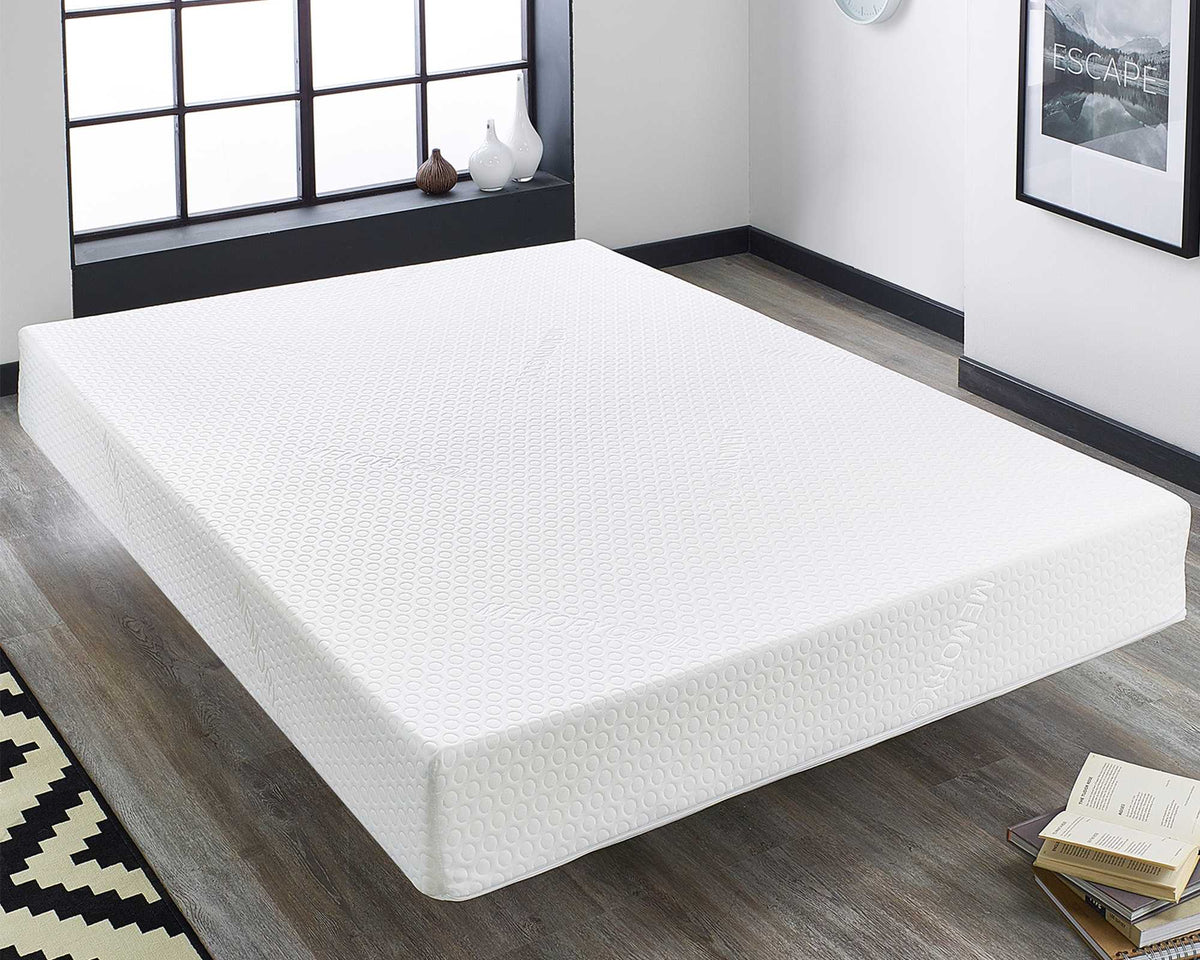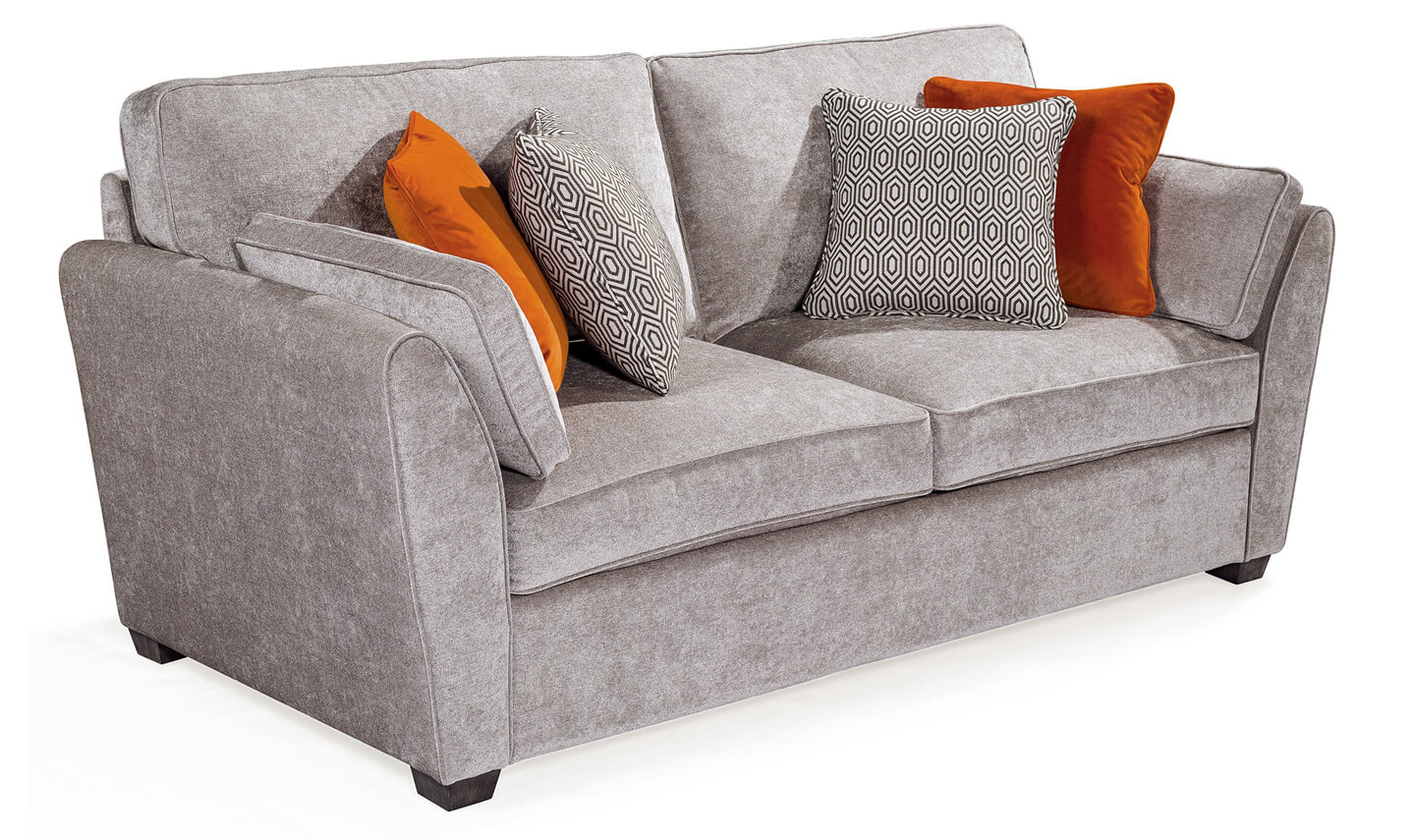When shopping for a new mattress, one important factor to consider is weight capacity. This is especially true for memory foam mattresses, as they have different weight limitations compared to traditional innerspring mattresses. In this article, we will discuss everything you need to know about the weight capacity of memory foam mattresses. Memory Foam Mattress Weight Capacity: What You Need to Know
The weight capacity of a mattress refers to the maximum amount of weight it can support without compromising comfort and durability. When it comes to memory foam mattresses, the weight capacity varies depending on the quality and density of the foam. Generally, most memory foam mattresses can support weights ranging from 300 to 1000 pounds. It is important to note that the weight capacity of a memory foam mattress includes the weight of the sleeper(s) as well as any additional weight on the mattress, such as pillows, blankets, and other bedding items. Understanding Memory Foam Mattress Weight Capacity
There are several factors that can affect the weight capacity of a memory foam mattress. These include the foam density, mattress size, and overall construction of the mattress. Let's take a closer look at each of these factors. Factors Affecting Weight Capacity of Memory Foam Mattresses
The density of memory foam is measured in pounds per cubic foot (PCF). Generally, the higher the density, the greater the weight capacity of the mattress. High-density memory foam, typically 5 PCF and above, can support heavier weights without losing its shape and support. On the other hand, low-density memory foam, typically 3 PCF and below, may not be able to support heavy weights for extended periods of time. Foam Density
The size of the mattress also plays a role in its weight capacity. A larger mattress has a larger surface area to distribute weight, making it more capable of supporting heavier weights. A twin or full-size memory foam mattress may have a lower weight capacity compared to a queen or king-size mattress. Mattress Size
The overall construction of the mattress can also affect its weight capacity. Mattresses with thicker layers of high-density foam tend to have a higher weight capacity compared to those with thinner layers. Additionally, the type of support layer, whether it is a high-density foam or a spring system, can also impact the weight capacity of the mattress. Overall Construction
While most memory foam mattresses can support weights ranging from 300 to 1000 pounds, it is recommended to check the weight capacity of a specific mattress before purchasing it. This is especially important for individuals who weigh more than 250 pounds, as they may need a mattress with a higher weight capacity to ensure proper support and comfort. It is also important to note that exceeding the weight capacity of a memory foam mattress can lead to premature sagging and decreased durability. It is always best to choose a mattress with a weight capacity that comfortably accommodates your weight. Recommended Weight Capacity for Memory Foam Mattresses
Here are some tips to help you choose a memory foam mattress with the right weight capacity for your needs: Tips for Choosing a Memory Foam Mattress with the Right Weight Capacity
Take your weight into consideration when choosing a memory foam mattress. If you weigh more than 250 pounds, look for a mattress with a weight capacity of at least 1000 pounds. This will ensure that the mattress can support your weight without compromising its comfort and durability. Consider Your Weight
As mentioned earlier, the foam density can greatly affect the weight capacity of a memory foam mattress. Look for mattresses with a foam density of 5 PCF or higher for better weight support. Check the Foam Density
Ensuring the Durability and Longevity of Your Memory Foam Mattress

Understanding the Weight Capacity of Memory Foam Mattresses
 When it comes to purchasing a new mattress, there are many factors to consider. Comfort, support, and size are often at the top of the list, but one aspect that is often overlooked is weight capacity. This is especially important when it comes to memory foam mattresses, as they have unique properties that can affect their durability and longevity.
Memory foam mattresses are known for their ability to conform to the body, providing pressure relief and support for a comfortable night's sleep. However, this same feature can also put strain on the mattress, especially if it is not designed to handle heavier weights. Over time, this can lead to sagging, indentations, and overall discomfort.
Understanding the Weight Capacity of Your Mattress
When shopping for a memory foam mattress, it is crucial to pay attention to its weight capacity. This refers to the maximum weight that the mattress can support without compromising its performance or lifespan. Most memory foam mattresses have weight capacities ranging from 300-500 pounds, but it is essential to check with the manufacturer for exact specifications.
Factors That Affect Weight Capacity
Several factors can impact the weight capacity of a memory foam mattress. One key factor is the density of the foam. Higher density foam typically has a higher weight capacity, as it can better withstand the pressure and weight of the sleeper. The thickness of the foam layers and the overall construction of the mattress can also play a role in its weight capacity.
Ensuring the Longevity of Your Mattress
To ensure that your memory foam mattress maintains its weight capacity and lifespan, it is essential to properly care for it. This includes rotating the mattress regularly, using a supportive and sturdy bed frame, and avoiding placing excessive weight on one area of the mattress. Additionally, it is crucial to follow the recommended weight limit and not exceed it.
Final Thoughts
In conclusion, understanding the weight capacity of your memory foam mattress is crucial for ensuring its durability and longevity. Be sure to pay attention to this factor when shopping for a new mattress and take proper care of it to enjoy a comfortable and supportive night's sleep for years to come.
When it comes to purchasing a new mattress, there are many factors to consider. Comfort, support, and size are often at the top of the list, but one aspect that is often overlooked is weight capacity. This is especially important when it comes to memory foam mattresses, as they have unique properties that can affect their durability and longevity.
Memory foam mattresses are known for their ability to conform to the body, providing pressure relief and support for a comfortable night's sleep. However, this same feature can also put strain on the mattress, especially if it is not designed to handle heavier weights. Over time, this can lead to sagging, indentations, and overall discomfort.
Understanding the Weight Capacity of Your Mattress
When shopping for a memory foam mattress, it is crucial to pay attention to its weight capacity. This refers to the maximum weight that the mattress can support without compromising its performance or lifespan. Most memory foam mattresses have weight capacities ranging from 300-500 pounds, but it is essential to check with the manufacturer for exact specifications.
Factors That Affect Weight Capacity
Several factors can impact the weight capacity of a memory foam mattress. One key factor is the density of the foam. Higher density foam typically has a higher weight capacity, as it can better withstand the pressure and weight of the sleeper. The thickness of the foam layers and the overall construction of the mattress can also play a role in its weight capacity.
Ensuring the Longevity of Your Mattress
To ensure that your memory foam mattress maintains its weight capacity and lifespan, it is essential to properly care for it. This includes rotating the mattress regularly, using a supportive and sturdy bed frame, and avoiding placing excessive weight on one area of the mattress. Additionally, it is crucial to follow the recommended weight limit and not exceed it.
Final Thoughts
In conclusion, understanding the weight capacity of your memory foam mattress is crucial for ensuring its durability and longevity. Be sure to pay attention to this factor when shopping for a new mattress and take proper care of it to enjoy a comfortable and supportive night's sleep for years to come.













